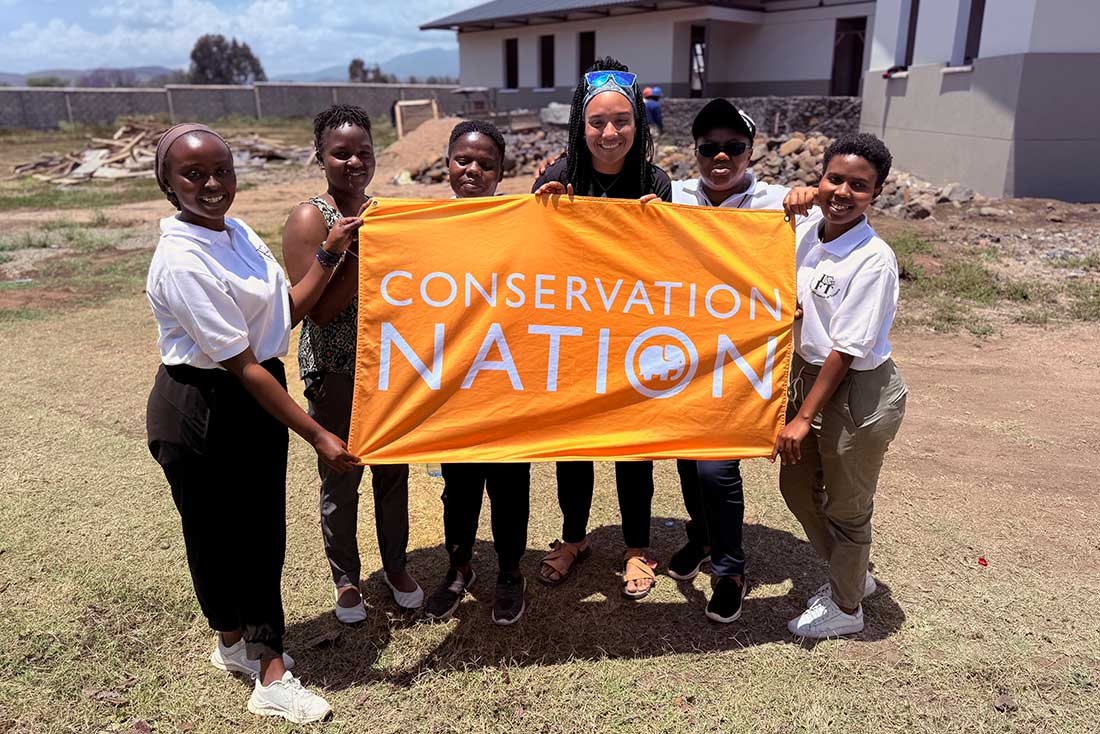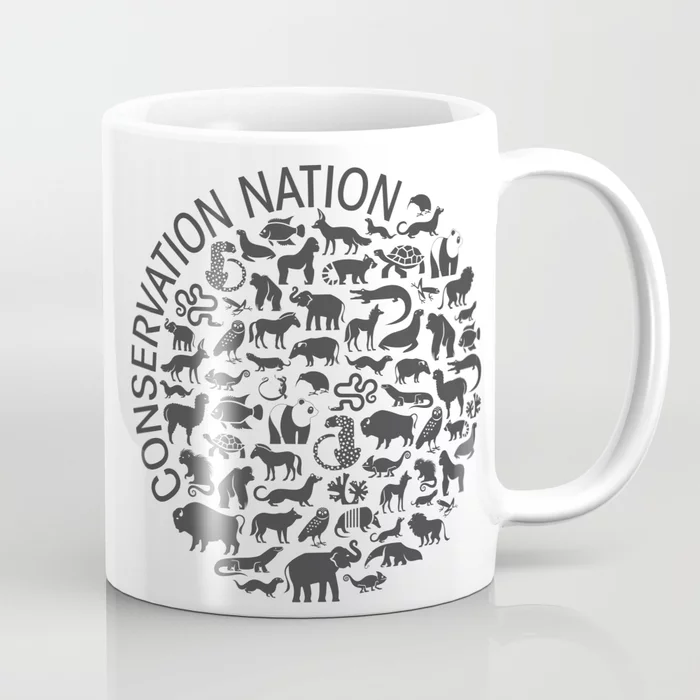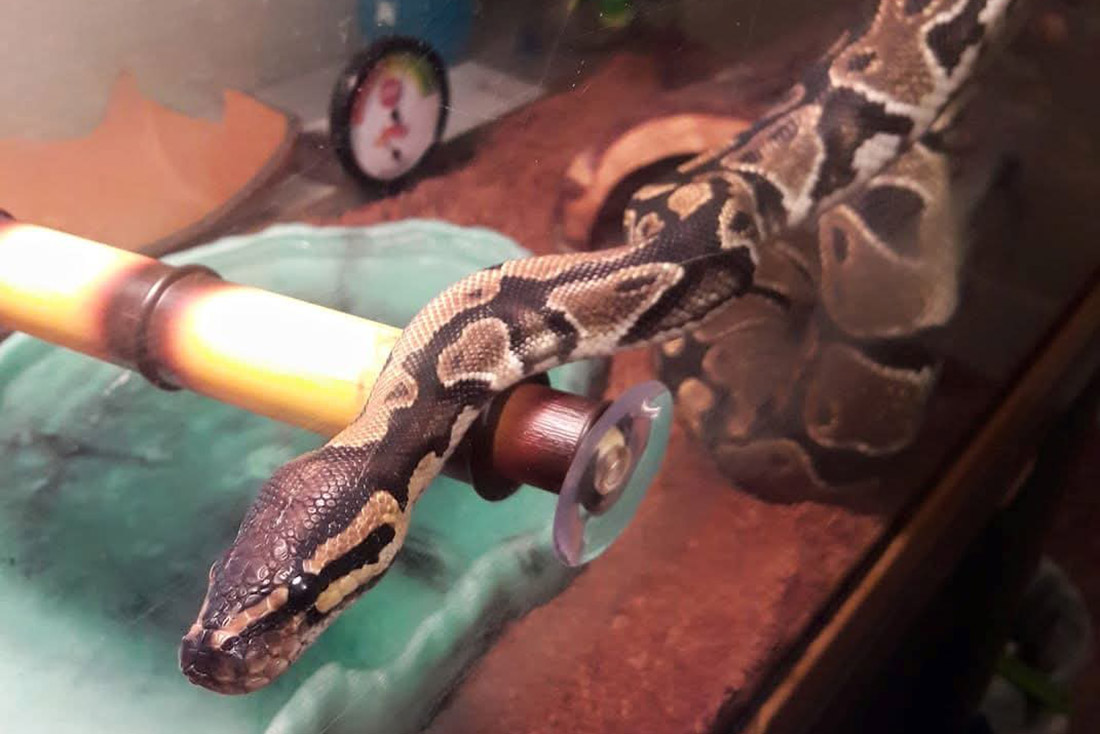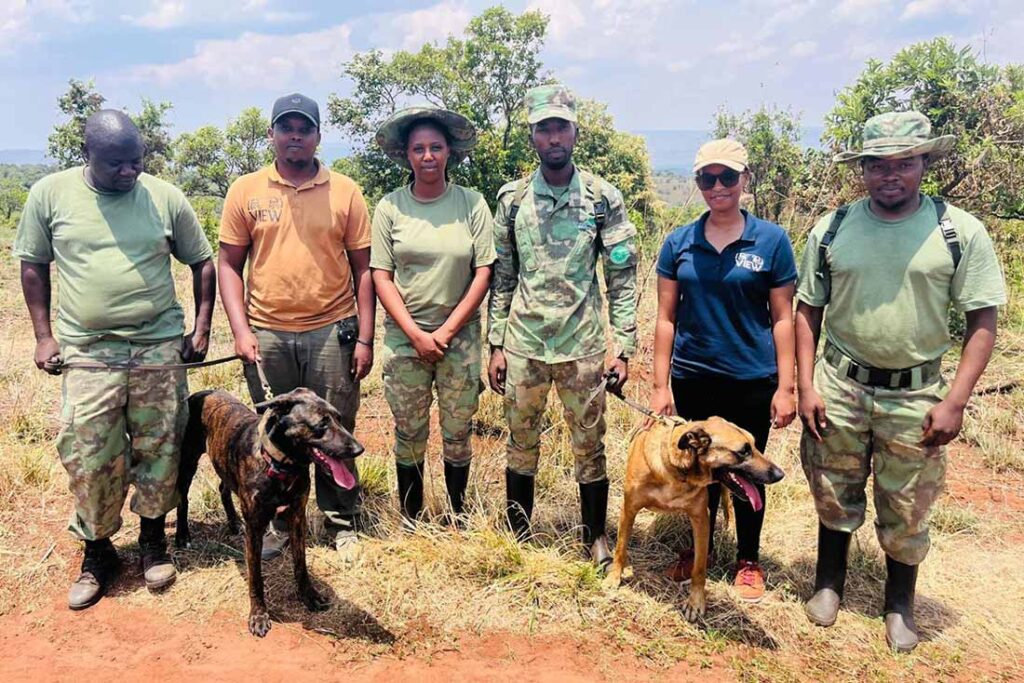Through the support of the People & Pachyderms Collective, VIEW’s vet in training, Dr. Charline Rutagengwa, is leading a critical study on pesticide exposure in Rwanda’s Akagera National Park (ANP), one of the oldest and largest parks in Africa. The park is home to some of the world’s most iconic wildlife, including African elephants, black rhinoceros, and Maasai giraffes. Akagera faces increasing challenges from human activity, including the use of unknown pesticides that can pose serious threats to its wildlife and surrounding ecosystems. This study is allowing VIEW’s team to establish a foundation for future conservation efforts toward understanding and protecting vulnerable ecosystems like Akagera.
The Threat of Pesticides
As agricultural activities increase around Akagera, farmers utilize various pesticides to boost food production. Unfortunately, these chemicals often seep into the park’s waterways, such as Lake Ihema, which is fed by the Akagera River. With an estimated 70% of Rwanda’s water flowing down through the park, wildlife—including elephants, rhinos, and other mammals—are potentially at risk of pesticide exposure.
Dr. Rutagengwa’s Pesticide Exposure Study
The study is designed to assess the level of organic chemical exposure, particularly pesticides, that could potentially be affecting wildlife in Akagera National Park. Collaborating with Dr. Krystal Pollitt at Yale University, Charline is using a newer, non-invasive method—silicone bands that passively collect environmental data. The study aims to provide a comprehensive picture of chemical exposure, which will inform future studies on specific chemicals that may be harming not only wildlife, but also domestic animals and humans in those agricultural communities.Protecting Wildlife and Communities
The study extends beyond wildlife, with Akagera’s anti-poaching dogs serving as samplers to monitor the broader environmental impact of pesticides. The results from Dr. Rutagengwa’s research will provide initial data to Akagera’s park management, serving as the first step to understanding pesticide exposure risk to wildlife. If harmful levels are identified, the findings may encourage further investigation and collaboration with local communities to explore safe pesticide practices in agriculture. While the study’s primary focus is on the health of elephants and rhinos, the findings may also uncover potential risks to other species that may be especially sensitive, such as amphibians which are globally in decline, further emphasizing the importance of this research for broader conservation efforts.Dr. David Murenzi joined VIEW as their Akagera-based veterinary intern in February 2023.
1 World Health Organization. (2024). One Health. https://www.who.int/health-topics/one-health









